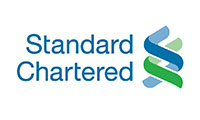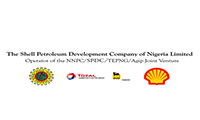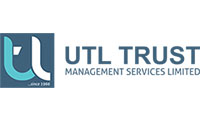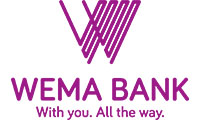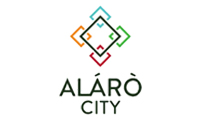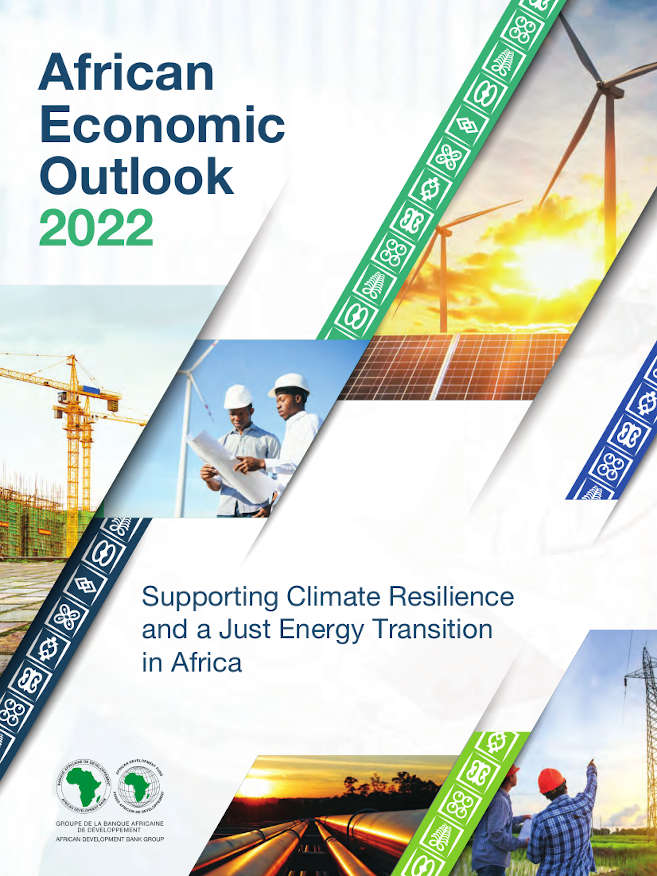
During recent seminars in the United States and the United Kingdom, policymakers and other stakeholders expressed interest in the African Economic Outlook report 2022 (AEO) by the African Development Bank.
A group from the African Development Bank Group, led by Vice President and Acting Chief Economist Kevin Urama, visited Washington, D.C., from July 20–29, and London, from August 1–2, to discuss the AEO, the Bank's flagship publication, with international market participants.
The result was obvious. The 2022 AEO, according to speakers this week from the International Monetary Fund, World Bank, Centre for Global Development, Brookings Institution, Atlantic Council, and University College London, offers evidence-based policy options for fostering inclusive growth by fostering climate resilience and a just energy transition in Africa.
“Africa is facing high climate vulnerability. Climate change affects millions. 600 million Africans are without electricity. To create jobs and reduce poverty, Africa needs energy. Bold, innovative financing ideas abound. Now is the time to leverage them,” he remarked. “Carbon dioxide emission does not know boundaries; it does not need a visa to travel.”
Every year, the African Economic Outlook is released. It serves as a tool for economic intelligence, policy discussion, and operational success and offers compelling current data and analytics to educate and empower African decision-makers.
Africa's lives and way of life are under increasing threat from climate change, according to the 2022 Outlook. It also demonstrates how the Covid 19 outbreak and the Russia-Ukraine war are adding to the strains on African economies and way of life.
The Outlook was introduced by the African Development Bank Group at its annual meetings in May in Accra, Ghana.









